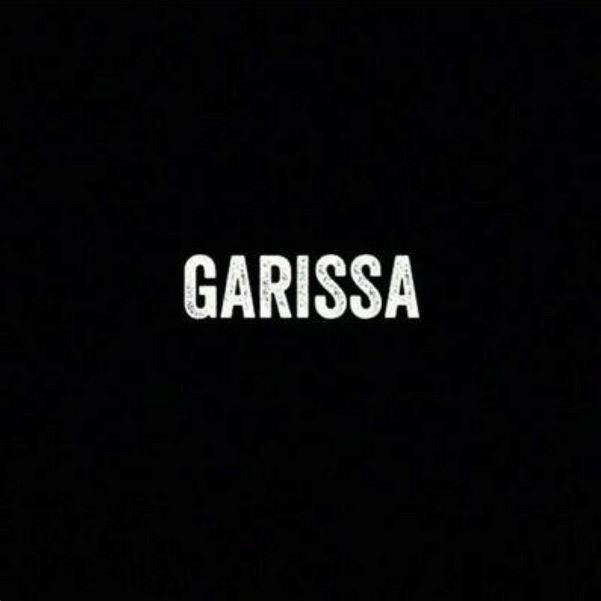
Garissa. There must be more than reports of smoke and explosions and flying bullets and destruction and carnage. There must be more than `eye witness accounts’ and there must be more than smart analyses of why Kenya, why now.
There must be other than agony and tales of hiding and emergence, of atrocity. There must be more than parades of corpses and mournful gatherings at funerals and memorials. The work of mourning must build a better road, because the road to Garissa is one of violence, and not only by those who attacked the university this week.
As in the aftermath of the assault on the Westgate Mall, the world performs mourning, and world leaders and their messengers claim `We all stand with,’ and now will say, “Je suis Kenya.” It’s not true. We do not mourn, and we are not Kenya. We watch a spectacle of grief at a distance, as a distance, and, with the Kenyan government, deny that Garissa is a station on a highway built by all of us. We do not study our own responsibility in the bloodshed.
From the beginning of the “Somali adventure”, Kenyan artists in particular warned that all Kenyans would pay. The Kenyan poet Shailja Patel has provided a road map to Garissa. It begins in 1962, when Somali-Northeast votes to join Somalia. It passes through one massacre after another, and through one invasion of Somalia after another, and through one unheeded warning after another.
The road to Garissa does not end at Garissa. It merely pauses, here, in Shailja Patel’s poem, in the morning after a massacre
the morning after a massacre
a country wakes nauseousno food stays down
no chai comfortson the roads
they drag crossesblood is given
blood invoked
blood sanctified
blood is our national languageon TV the men
talk blood and marketstears
stay out of the newsroomsthere will be more killing
there will always be
more killinga state will punish survivors
with pogromsan army will terrorize
the terrorized, traumatize
the traumatizedthe merchants of war
have already moved on
to the next transactionthe death-profiteers spent the night
reviewing cost-benefit reportsa country stares at its amputation stumps
the morning after a massacre
There must be more to life than grief, more killing, and the worldwide collective acceptance of reports of smoke and carnage and loss in the distance.
(Image Credit: The New Inquiry)
